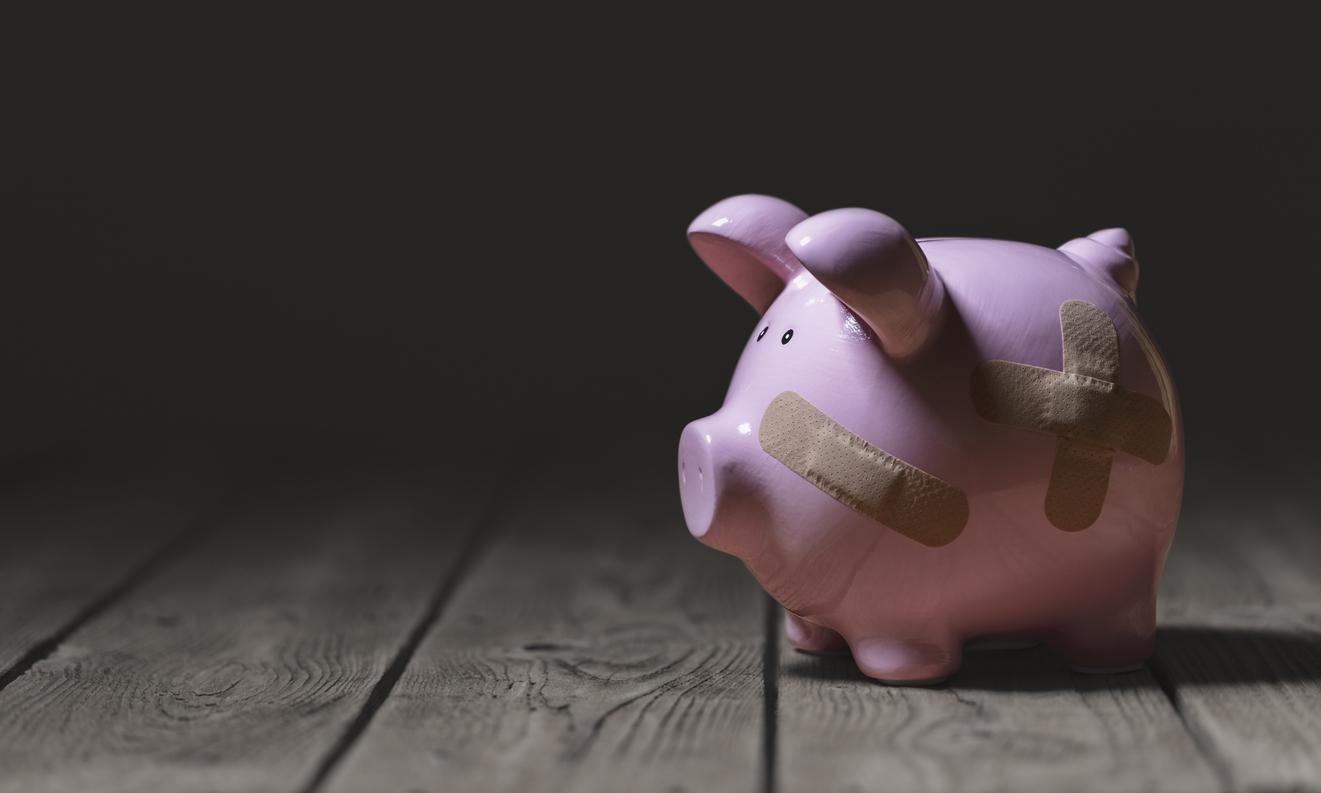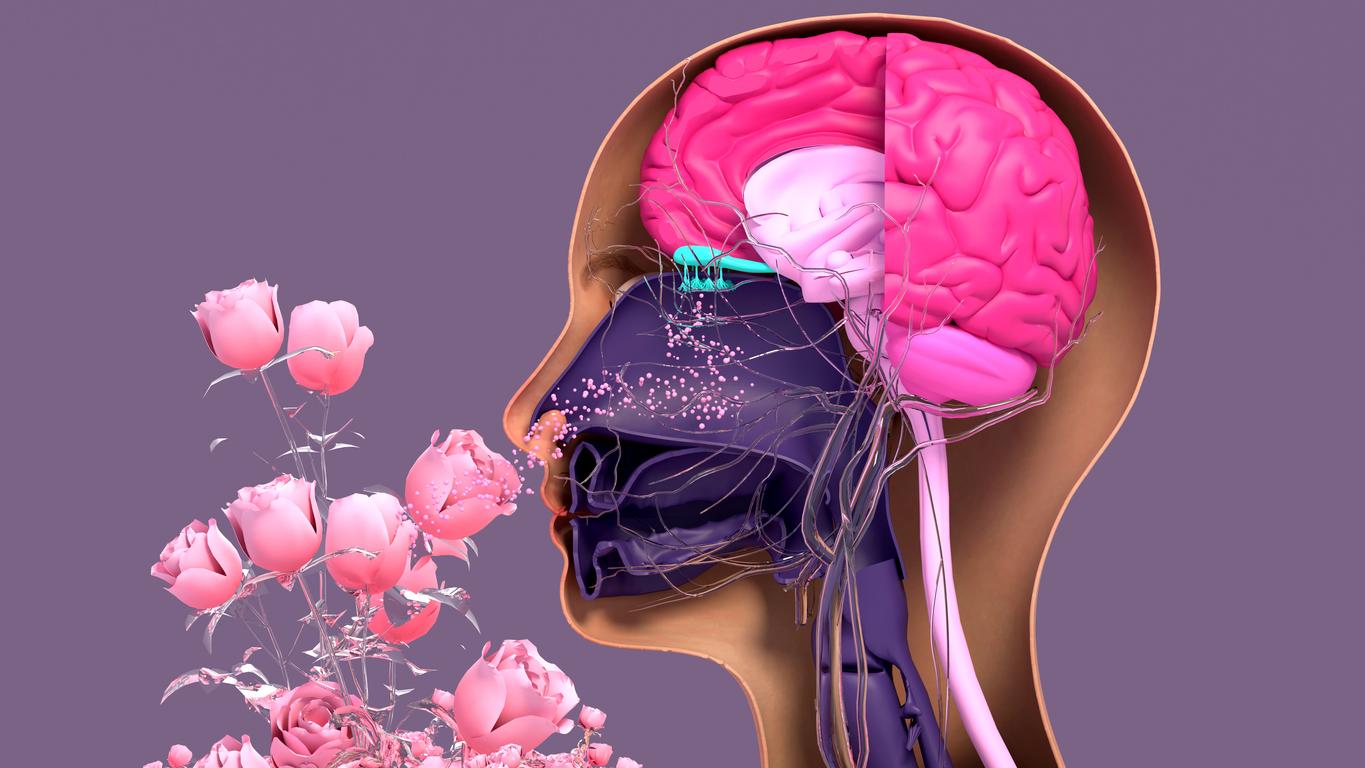In a report presented this Thursday, October 24 in New York, the UN rapporteur on human rights and extreme poverty warns of the “vicious circle” linking poverty and mental disorders.

- Olivier De Schutter, UN rapporteur on human rights and extreme poverty, explained on October 24, 2024 that poverty is both a source and a result of mental health disorders.
- In his report entitled “The Economy of Burnout”, he insists on the fact that we must “give greater importance to well-being than to the endless quest for economic growth”.
- Burnout is an exhaustion of the body, both physical and psychological, which is recognized within the framework of the international classification of diseases as a problem associated with employment.
Being poor increases the risk of developing mental disorders and mental disorders increase the probability of being poor; and all of this is to be blamed on our society.”obsessed” through economic growth. This is roughly whatexplained Olivier De SchutterUN rapporteur on human rights and extreme poverty, this Thursday, October 24 during the General Assembly of the international organization in New York. He presented his report entitled “The economics of burnout: poverty and mental health”.
Poverty, source and result of mental problems
“People with the lowest incomes are up to three times more likely to experience depression, anxiety and other common mental illnesses than those with the highest incomes”, indicates the report in which we learn that more than 970 million people worldwide, or 11% of the population, suffer from some form of mental illness. Of these, 280 million have depression and 301 million suffer from anxiety.
“The trend is to promote societies obsessed with growth, which are characterized by a climate of competition and the race for performance, leading to a feeling of status anxiety and pushing workers who fail to achieve depression into depression. to meet unrealistic expectations of what it means to live a productive life”, says Olivier De Schutter.
For the expert, it is possible to get out of this cycle, “provided that greater importance is given to well-being than to the endless quest for economic growth”. Difficulty completing the month, high workload, stigma, lack of time for oneself… The rapporteur specifies that we must go beyond medical support and simple treatment of symptoms to help people suffering from depression and depression. anxiety, realizing that the economy creates “strong pressure” on these populations. He adds that these mental disorders lead to considerable losses anyway, “of the order of a thousand billion dollars per year”.
To help these people in precarious situations, Olivier De Schutter judges in particular that it would be necessary to set up a “unconditional basic income” and that there is better consideration of psychosocial risks at work.
Burn out: “a physical and psychological exhaustion of the body”
“Burnout is an exhaustion of the body, both physical and psychological. It is recognized within the framework of the international classification of diseases as a problem associated with employment”, psychologist Valérie Dupuy Lafon explained to us last year in an interview. “Three dimensions characterize it: lack of energy and/or exhaustion, withdrawal from work with feelings of negativism or cynicism linked to work, and also, a loss of professional efficiency with the reflex to work more to compensate but ineffectively, which leads to a loss of confidence in oneself and in one’s professional skills.”
According to the specialist, it is often those around the affected person who notice the first signs, until, if nothing is done, the sometimes sudden collapse one morning.

Symptoms of burnout to take seriously:
-physical signs such as permanent fatigue, back pain, insomnia, migraines, stomach aches, frequent infections, etc.;
-signs of psychological suffering: emotional emptiness, irritability, anxiety, difficulty concentrating, a tendency to isolate oneself, a feeling of being overwhelmed by events or demotivation.
















